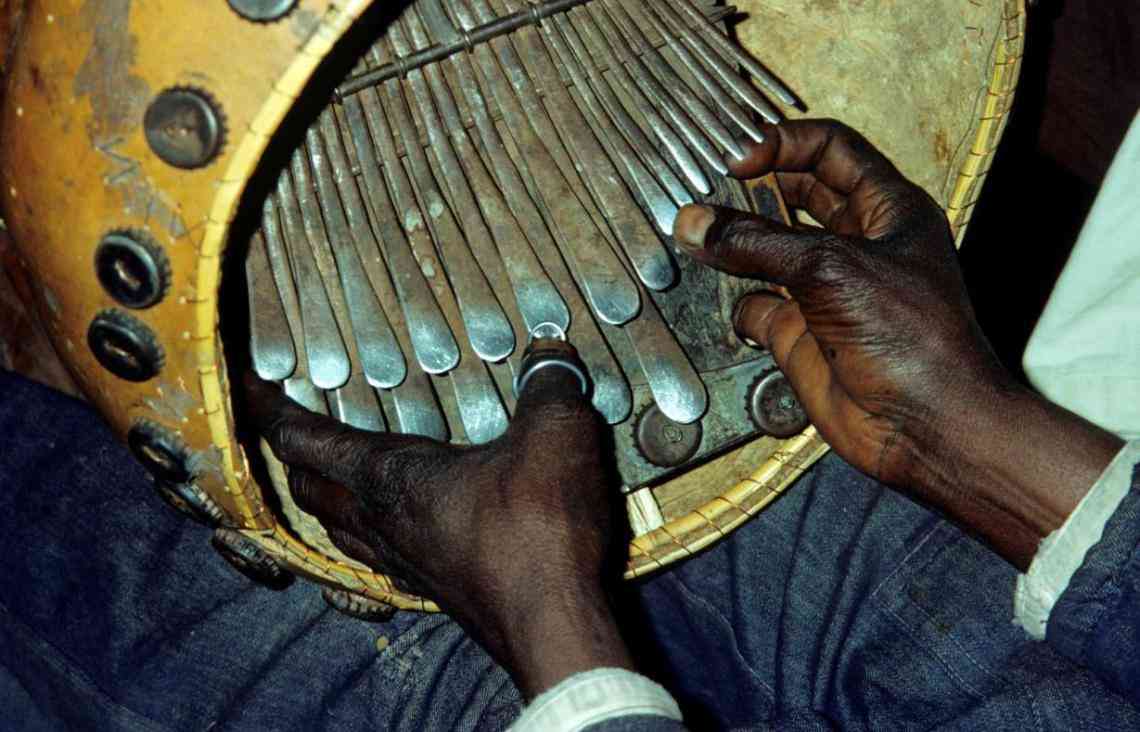
Shem Zemura (SM), the owner of Rain Media, is an independent filmmaker, who also works with Mirazvo Productions. He has directed a number of productions, including the award-winning Muzita RaBaba under Mirazvo Productions. He speaks to NewsDay Life & Style correspondent Tafadzwa Kachiko (ND) on his career and the local film industry. Below are excerpts from the interview:
Sneak Peek: Tafadzwa Kachiko

ND: At what point in your life did you decide to go into film-making?
SZ: When I was young, I used to draw pictures of Hollywood stars. My favourite was the Terminator picture of Sylvester Stallone on a motorbike. I wrote my first film script when I was in Form 2, although at the time I had no idea what I was doing.
ND: Did your parents nurture that creative drive in any way?
SZ: My parents wanted me to have a formal career, so I pursued accounting up to university until I couldn’t do it anymore. And now, I am here doing film on a full-time basis.
ND: The local film industry is often said to have failed to reach its full potential. What are your thoughts on that?
SZ: That is like saying a five-year-old has failed to attain a bachelors’ degree. We are a new-born baby that is learning to walk. The contemporary film industry is brand new and different from the old one that was run and funded by whites. We are growing a new film industry as a new generation of Zimbabweans.
- Chamisa under fire over US$120K donation
- Mavhunga puts DeMbare into Chibuku quarterfinals
- Pension funds bet on Cabora Bassa oilfields
- Councils defy govt fire tender directive
Keep Reading
ND: How easy or difficult is that?
SZ: It’s not easy, considering the current economic situation and political environment. We haven’t reached our potential, but there is a positive growth. New films are released every month, with high quality productions like Chinhoyi 7 and Cook Off.
ND: It would appear the corporate world is not keen to fund local films. Why is that so?
SZ: The main reason would be the misuse of funds by the predecessor generation of filmmakers. Organisations like Culture Fund and corporates like Old Mutual were once very active in funding productions, but they stopped after nothing was produced out of those funds.
ND: And as the new generation, what are you doing about that?
SZ: I hope the energy, direction and focus that the new generation of producers have will attract back the funders. The number of self-funded high quality and successful productions that have been released since January is evidence that we mean business. But we can’t do this alone. We need support from both the public and private sectors.
ND: What are some of the challenges you have faced as a filmmaker?
SZ: Lack of funding, including the absence of government and community support. It is very difficult to get film locations and clearance in Zimbabwe.
ND: Mirazvo Productions has won several awards. What do you attribute this to?
SZ: A strong, united family that shares the same vision, values and goals. Mirazvo is more than just a company. It’s a family.
ND: How many productions have you done so far? Which one do you love the most and why?
SZ: I have produced eight films and TV shows in Zimbabwe as well as music videos in and outside the country. It’s difficult to say which I love the most, each is unique in its own way and I love my babies equally.
ND: When you look at the South African film industry, do you think you are doing enough to match their quality of productions? What are some of the prohibitive factors?
SZ: The South African industry is divided into three: (1) the low-budget black filmmakers’ self-funded Lokshin Bioskop films; (2) the medium-budget NFVF funded films and (3) The high-budget international collaborations. In Zimbabwe, we only have the low-budget black filmmakers’ self-funded films and if you compare the productions released this year versus MNet Lokshin Bioskop, we are producing equally competitive content.
ND: Nollywood is said to have done wonders with low budget films. Where is Zimbabwe missing it?
SZ: I don’t think we are missing it. The change in the Zimbabwean political and economic environment affected all industries. The film industry died then. We have resurrected and we are pushing forward, with new productions making it to regional MNet channels. However, the population of Nigeria played a very huge role with their innovative skills. They pushed DVDs at a time when we had no internet and a few channels and, therefore, less competition from other African countries.
ND: Who are some of the actors you believe are the best on the local scene and why?
SZ: Tinotenda Sataande for his ability to adapt and bring out the best of any character he is given. Charles Mzemba is a master of his generation, our Zimbabwean Morgan Freeman. Kudzai Musingo and Gamuchirai Duve for their ability to bring out the emotion in every character and connect with the audience. Eddy Sandifolo is a legend.
ND: How available are your productions to viewers if they are not shown on local TV?
SZ: They will all soon be available on VOD, DVDs and other channels, hopefully the new channels coming through digitisation, too.
ND: Where do you see yourself in the next five to 10 years?
SZ: Making internationally competitive productions in a well-established Zimbabwean film industry.
ND: Your parting shot?
SZ: One man is not better than all of us together. For a better film industry, we need to start working together; independent filmmakers, broadcasters, the government, corporates, and others. The film sector is a very profitable industry with the potential to employ thousands.
Let’s take a leaf from Bollywood and Mzansi.











